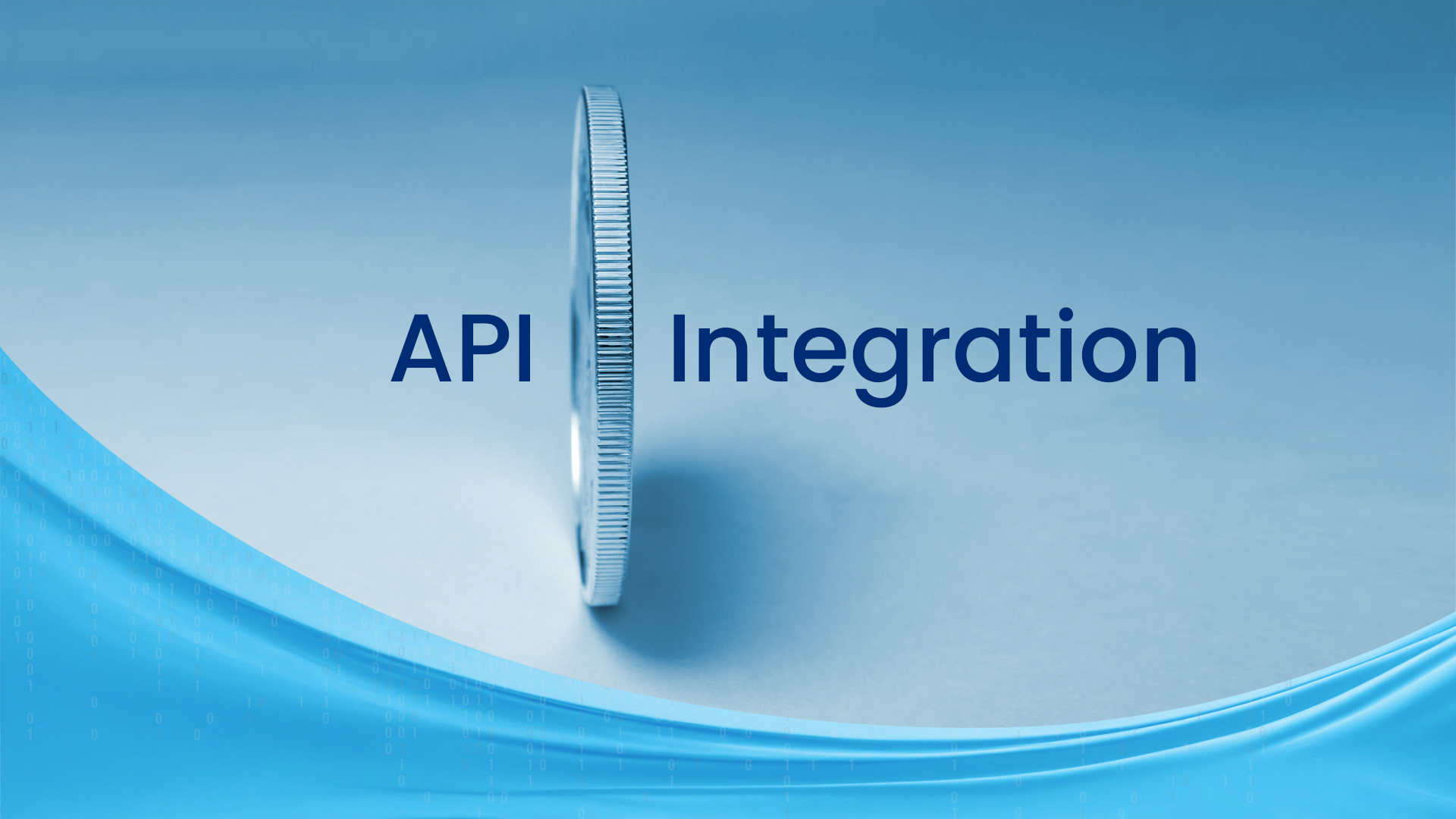If you’re reading this, you probably already know that crisis management coverage is a type of insurance that helps businesses limit the negative effects of events that could hurt a business’s reputation. It is generally an insurance agreement within the technology errors and omissions (E&O) and the internet/online property and liability policies.
However, you may not know that Artificial Intelligence (AI) and Machine Learning (ML) have enormous impacts on the insurance industry’s profitability. These technologies utilize predictive analytics with behavior modeling to enhance business processes, provide higher levels of customer service, and develop better products. Continue reading to learn how AI and ML risk mitigation can help your customers weather a crisis.
What is AI?
First conceived in the 1950s, AI is an Intelligent Automation technology that tries to mimic human cognitive intelligence. These include speech recognition, visual perception, decision making, and learning. AI is more so a technique designed to replicate human behavior rather than just a technology.
What is ML?
Machine Learning (a function underneath the umbrella of AI) can continually improve an operating system without the need to follow programmed instructions. Through the exposure of data sets, ML can autonomously discover patterns in data and use those insights to make predictions. At its core, ML replicates the human ability to learn processes.
AI and ML Make Data More Valuable to Business
Contrary to popular belief, most insurance companies only process a small portion of all the data they have access to. The data they process is generally structured and within easily accessible databases companies already have in place. However, to access and analyze their other data sources to extract valuable insights, they need a way to transfer that data to their databases. Most of the time, the data is unstructured and therefore a lot more complicated to add to their existing systems. Using advanced data science techniques found through AI, insurance carriers can analyze unstructured data, convert it into structured data, and then extract valuable insights.
ML has a proven ability and efficiency. It allows insurance carriers to quickly extract useful information from unstructured, semi-structured, and structured data sets. This makes it possible to use that information to drive business decisions and discover valuable insights.
Areas that Benefit From Machine Learning Capabilities
During crises, natural disasters, and other catastrophic events, having the right ML risk mitigation solutions in place helps insurers gain an edge over competitors while navigating tough times.
The following processes can greatly benefit from ML’s ability to extract useful information from expansive datasets for better decision-making.
Property and Casualty Insurance Recommendations
ML-based systems have the uncanny ability to garner useful insight from both structured and unstructured data. Much of these insights would go unnoticed without ML’s advanced analysis capabilities because of the size of these data sets and the amount of processing power required to process/analyze this data. Insurance companies can use these insights to make informed business decisions. However, once this technology has been put in place and properly trained and configured, insurance carriers can make better use of the huge amounts of data. Newly available insights uncover better insurance recommendations for clients when choosing between different insurance policies.
Claims Processing
ML improves operational efficiency and can help with many claims processing functions, from First Notice of Loss to claim registration to claim settlement. Many insurance carriers have already begun automating their claims processes, which can reduce the claims settlement time and enhance the customer experience. For example, AI chatbots can be used to communicate the progress of claims processing. Likewise, ML can help insurers have a better understanding of claims costs.
With AI-driven insights, carriers can save millions in claims costs through proactive management, fast settlements, better case management, and targeted investigations. Not to mention, they can be more confident in their decisions and how they allocate their funds through data analytics and other digital tools.
Fraud Prevention
A carrier must be quick at spotting fraud and making decisions to mitigate it. With ML, insurance carriers can quickly spot red flags and make real-time decisions to address the issue. ML can identify fraudulent behaviors with identity, orders, payments, locations, and networks. A well-designed ML system becomes more and more reliable, accurate, and efficient at both spotting and preventing fraud from causing serious harm.
Let AI and ML Risk Mitigation Help You
AI and ML are proven assets for helping insurance companies make better decisions, develop better products, and provide better coverage for customers. Consider partnering with AI experts to help develop a solution that works for your business.
At OZ, we are Intelligent Automation (IA) experts. Our expertise is to help businesses use the power of AI to address these challenges and set them up for future success. If you would like to learn more about AI, ML, or some of our other Intelligent Process Automation services, don’t hesitate to contact us today!



